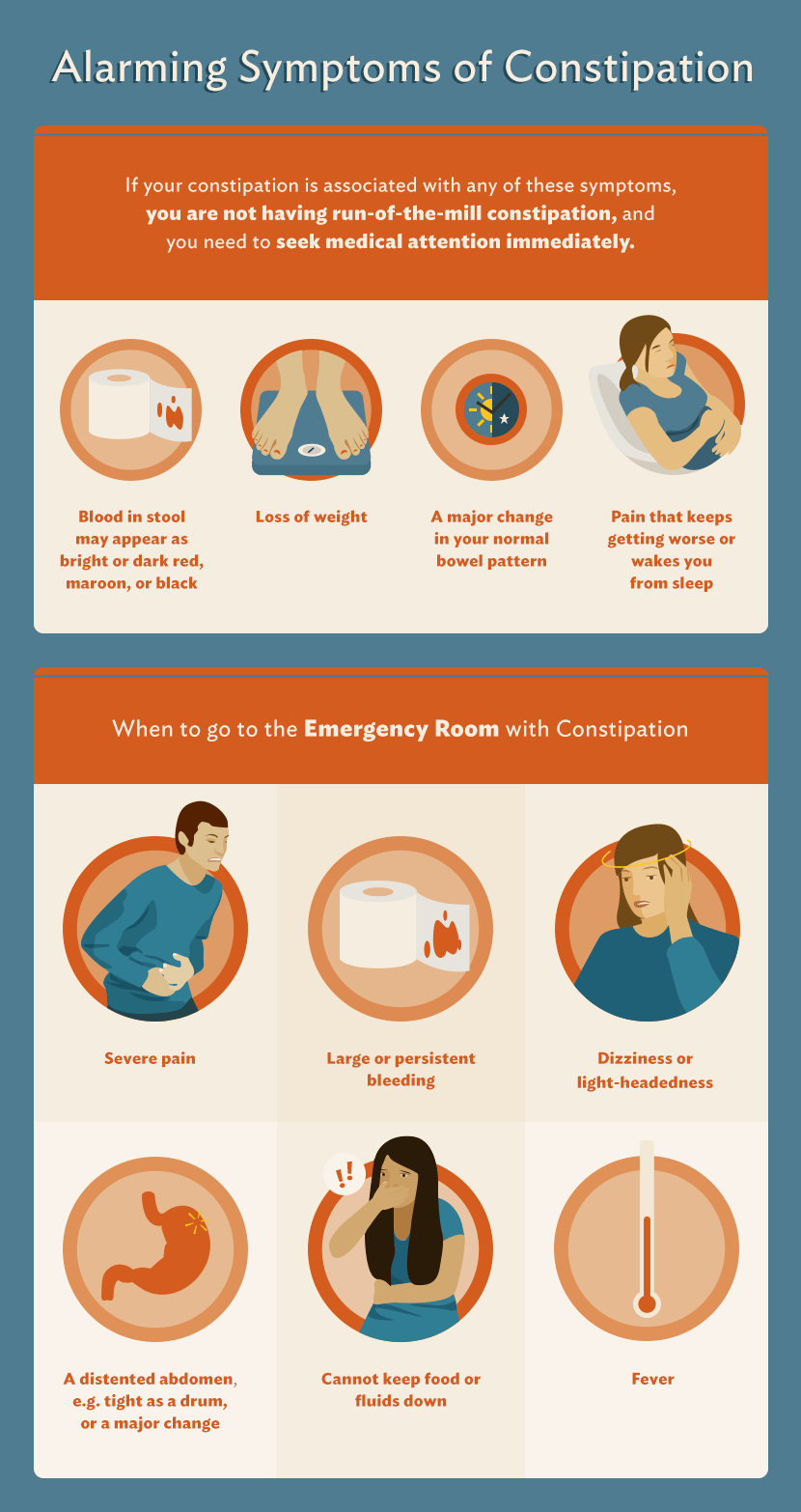I find it a little embarrassing to talk about, but most people struggle with constipation at one point or another in their lives. For some it can cause serious issues.
There are, however, some at home remedies we can try, along with healthy habits to incorporate into our lives to lessen our chances of suffering the pain and embarrassment of constipation.

What Causes Constipation?
Idiopathic Constipation and Irritable Bowel Syndrome
The most common cause of constipation is “unknown,” or to use the medical term, idiopathic constipation. Idiopathic constipation is closely related to another disorder of unknown cause, irritable bowel syndrome (IBS). IBS is a very common condition associated with recurrent abdominal pain that begins with a change in stool frequency or form and improves with a bowel movement.4 It may be associated with constipation, diarrhea, or both in an alternating pattern. If your constipation is associated with bloating, crampy pain, intermittent periods of normal stools, pain that is relieved by a bowel movement, or episodes of loose stools without the use of laxatives, it is probably IBS.
Drugs
Many drugs can cause constipation; check with your doctor to see if any medications you take may contribute to constipation.5 These are the most common ones that cause constipation:
- Opioids (narcotics): Vicodin, Percocet, Oxy-Contin, and many others
- Blood pressure medications
- Iron
- Antacids containing aluminum
- Sucralfate (Carafate)
- Antihistamines
- Antidepressants
Risk Factors, Diseases, or Conditions
Constipation is more common in women, non-Caucasians, and the elderly.6 It may run in families. Other risk factors, diseases, and conditions include:7
- Poor diet that includes a lot of processed food and lacks fiber
- Lack of exercise
- Being too busy to go to the bathroom when the need arises
- Pregnancy
- Diabetes mellitus
- Multiple sclerosis
- Spinal cord injury
- Parkinson’s disease
- Decreased thyroid or parathyroid function
- Scleroderma
- Anorexia nervosa
- Gastrointestinal diseases
- Anal fissure
- Osmotic intestinal obstructionA blockage in the small or large intestine that may be partial or complete.8Food, fluid, and gas cannot pass through, resulting in pain, vomiting, constipation, diarrhea, and distention. This is usually a critical illness that requires hospitalization. Underlying causes include adhesions (scar tissue constricting the intestine), tumors, narrowing, twisted bowel, or inflammation.
- Colon or rectal cancer
- Bowel disorders associated with inflammation
- Slow transit constipation
- Pelvic floor dysfunction (aka dyssynergic defacation)
A tiny tear in the anus that can cause bleeding and severe pain
Which can slowly progress to partial or complete obstruction
Such as Crohn’s disease, ulcerative colitis, and diverticulitis
A very long delay in stool moving through the colon, due to weakness in muscles or nerves controlling bowel contractions
Trouble expelling stool from the rectum due to difficulty relaxing the muscles of the rectum or anus.
- This is often diagnosed by anorectal manometry, a test done by inserting a probe in the rectum that measures pressure generated when a person squeezes the anal muscles or bears down to have a bowel movement.